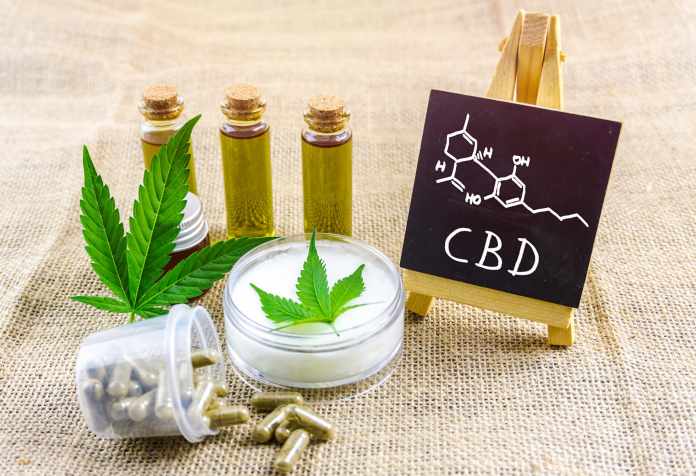
Can CBD oil help with sleeping disorders. In the last few years, the medicinal use of cannabis for different types of treatments has risen significantly. Especially the use of cbd oil, which is produced from a compound of this plant (also known as Marijuana) that is native from Asia and Synchronicity Hemp Oil.
What is CBD?
Marijuana contains active ingredients called cannabinoids. About 113 are known and are concentrated in the flowers of the plant. The best known and studied cannabinoids are delta-9-tetrahydrocannabinol (THC), which is the most psychoactive, cannabidiol (CBD), which has no psychoactive effects, cannabinol (CBN) and others that are not well known yet.
There are different varieties of cannabis plants with different concentrations of their cannabinoids. Some are high in CBD and low in THC; these are the most used for medicinal purposes.
The benefits of cbd oil are many. Its medicinal use serves to stimulate and activate the responses of the body’s nervous system; It is proven that the human body contains two cannabinoid receptors, and that CBD helps improve bodily functions.
The endocannabinoid system
Human beings have an endocannabinoid system (ECS), which contains cannabinoid receptors (CB). The ECS is present in all humans and animals and its role is to maintain the body’s ability to function normally by influencing the functioning of other systems.
It plays an essential role in our nervous system, and regulates almost all physiological processes, such as appetite, stress, sleep, mood, digestion, inflammation, immune function or the response to pain.
How does it affect sleep?
As we mentioned before, the endocannabinoid system is in charge of maintaining essential and physiological body functions such as sleep. Cannabinoids have various effects when they attach to the cells of the brain and the nervous system; some research has shown that the cannabinoid CBD may improve the sleep/wake cycle as it interacts with specific receptors.
Moreover, CBD may also decrease pain and anxiety, which are factors that can interfere with good sleep. Therefore, CBD may help improve sleep by reducing certain symptoms.
Research on the use of CBD to improve sleep
Even though there aren’t enough studies done, there is some evidence to support the theory that cannabinoids and CBD may improve sleep. In a study carried out on 72 adults with poor sleep, the participants were given 25 mg of CBD in capsule form to consume in the evening. After a month of treatment, the sleeping cycle improved in 66% of the participants.
However this result fluctuated over time; therefore, results suggest that CBD decreased sleep disorders in several participants, but such decrease didn´t remain steady for the duration of the study.
Other smaller studies support the use of CBD oil to help with sleeping disorders. A 10-year-old girl was suffering from PTSD and poor sleep, and she was treated with CBD. She was given 25 mg of a CBD supplement, administered at bedtime; and another 6 to 12 mg of CBD were administered via sublingual spray during the day, to beat anxiety. The results were that sleep quality and quantity gradually improved over five months.
As we said, there is a lot of supporting evidence to show CBD and cannabinoids can help with sleeping disorders, however, more research must be done to reach conclusive results.
Ways to use CBD for sleep
According to the laws in your country or state, you will probably need a doctor’s prescription to buy CBD oil.
CBD oil can be administered via sublingual, but there are also other ways to consume it, such as:
* Vaporing: The CBD can be inhaled, using a vaporizer or vape pen with CBD extract. The vapor created by the heating of the extract must be inhaled.
* Edibles: There are plenty of edibles infused with CBD oil, such as cake, cookies and gummy bears. These edibles specify the concentration of CBD in milligrams.
* Tinctures: There are also CBD tinctures that can be added to drinks (a few drops).
It is important to understand that CBD oil can be processed in different concentrations, and it is unknown the exact dose needed to treat sleeping disorders (since the research is ongoing). Therefore, it takes some trial and error to determine the best treatment.
















